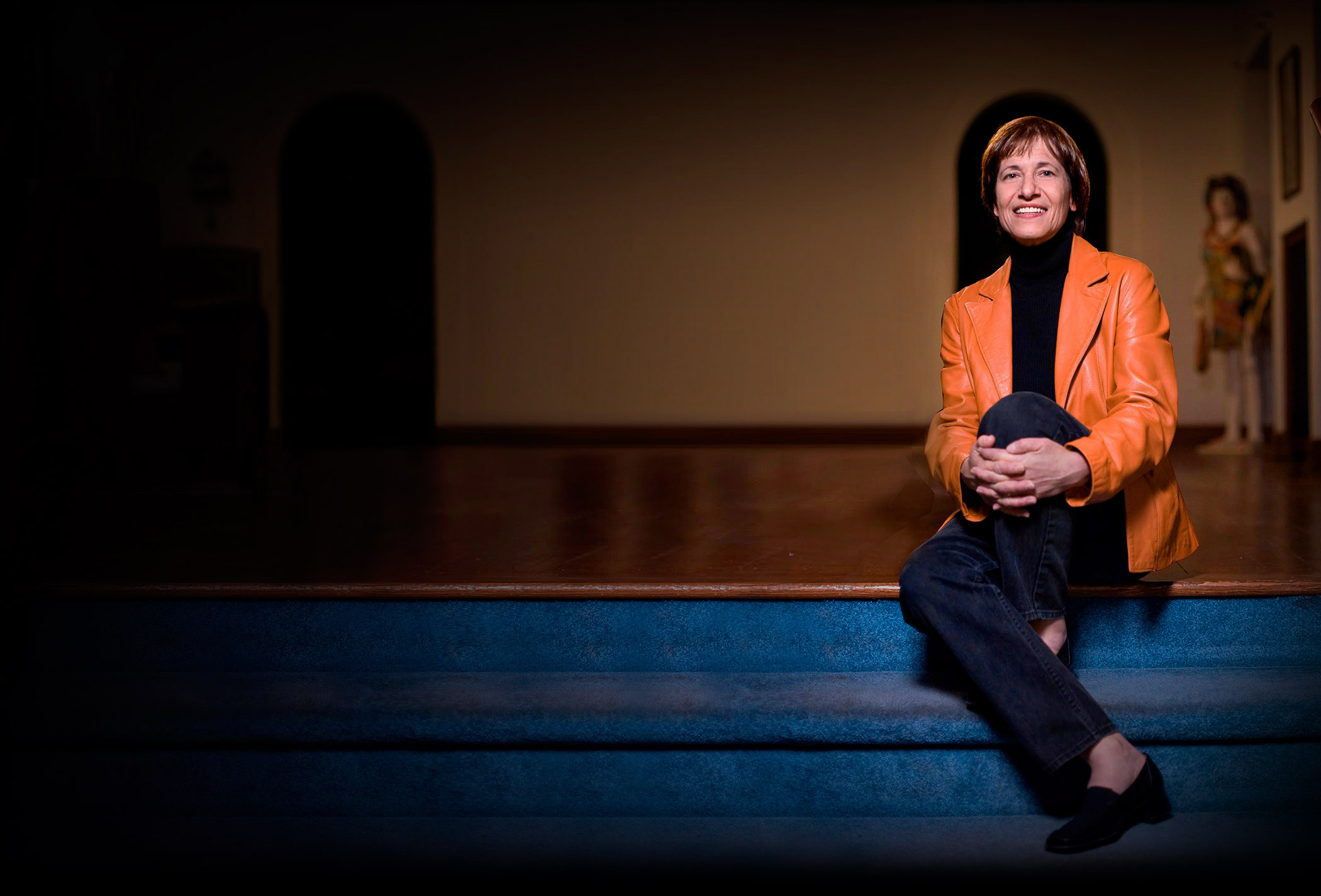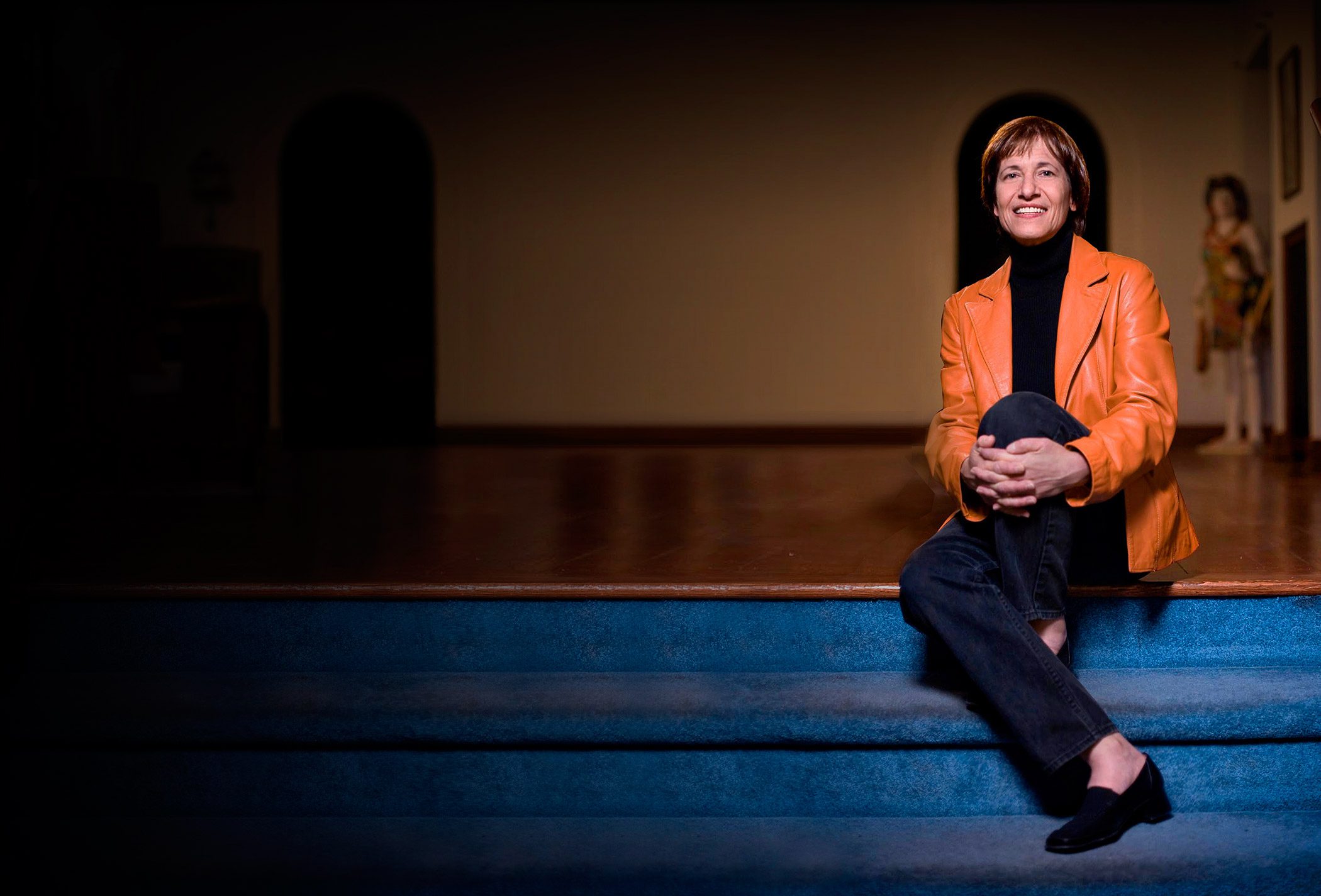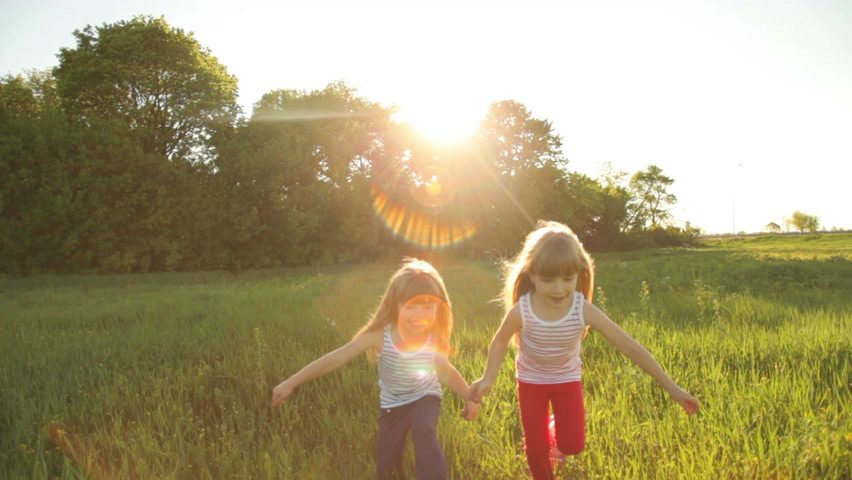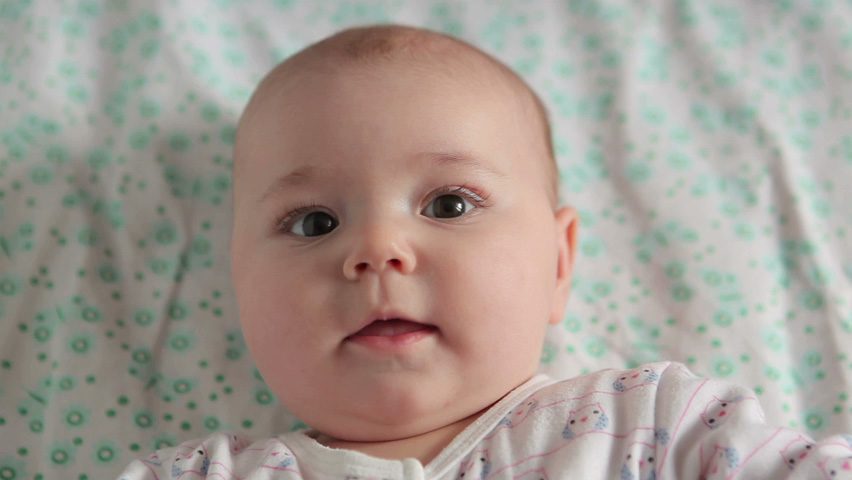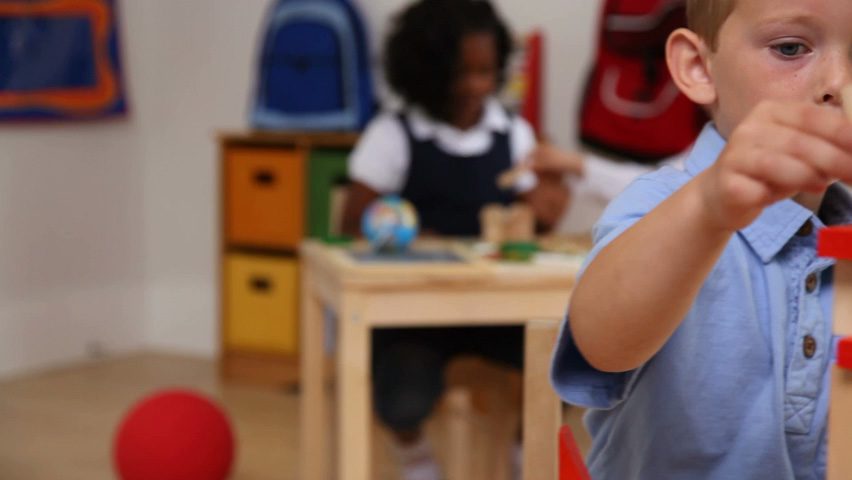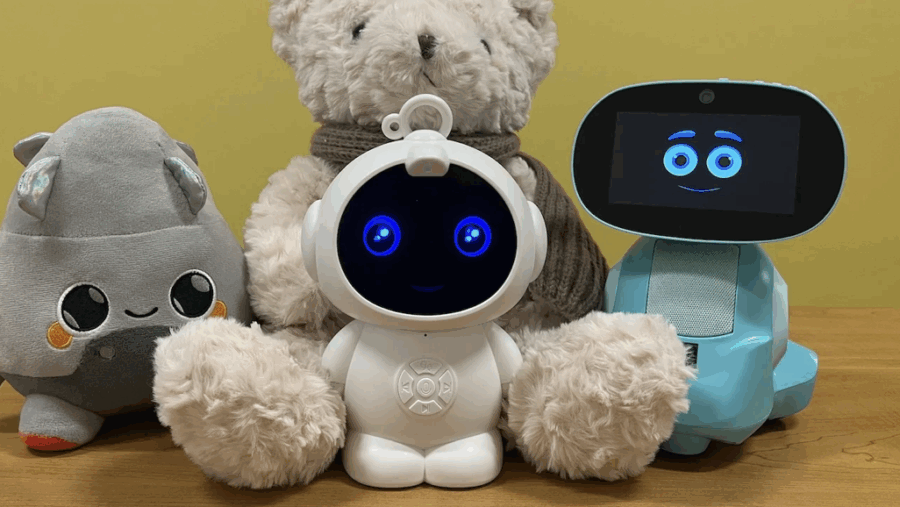Updated Edition of Einstein Never Used Flashcards coming January 20, 2026!
Countdown to the Book's Release...00Days:00Hours:00Min:00SecThe Book is available for purchaseKathy’s award-winning book, Einstein Never Used Flashcards, will be released in an updated edition on January 20, 2026!
This new edition features an all-new chapter on screen time, thoughtfully addressing the challenges of raising children in today’s digital and AI-driven world. Kathy and Roberta continue to bring joy, clarity, and confidence back to parenting—helping families nurture smart, social, and happy children while navigating modern technology with intention.
Winner of Best Psychology Book and the Books for a Better Life Award, the book has been widely praised by leading experts in psychology and education, as highlighted below.
“An authoritative, up-to-date playbook on why we should raise our children to be learn-it-alls, not know-it-alls — plus practical advice on how parents can do that!”
— Angela Duckworth, Rosa Lee and Egbert Chang Professor at the University of Pennsylvania and New York Times bestselling author of Grit“A compelling case to stop drilling — and start making learning fun… This book is a breath of fresh air. It’s anchored in strong science, it’s full of practical tips for parents and teachers, and it’s more relevant than ever.”
— Adam Grant, #1 New York Times bestselling author of Hidden Potential and Think Again, and host of the podcast Re:Thinking“Einstein Never Used Flashcards offers an exceptionally clear-eyed — and reassuring — guide to what really matters for your child’s development and how to cultivate a growth mindset. It heralds the return of joyful parenting and real learning — mistakes and all!”
— Carol S. Dweck, PhD, Lewis and Virginia Eaton Professor of Psychology at Stanford University and author of Mindset“Einstein Never Used Flashcards changed how we think about children and learning. In this outstanding new edition, Kathy Hirsh-Pasek and Roberta Golinkoff take on our screen-saturated world, showing how play, curiosity, and human connection still matter most. Smart, humane, and deeply practical, this is essential reading for parents, teachers, and anyone who cares about how children grow.”
— Paul Bloom, Professor of Psychology at the University of Toronto and Yale University, and author of Psych: The Story of the Human Mind“The Perfect Toy? 90% Kid and 10% Toy” – A guest essay by Dr. Kathy Hirsh-Pasek and Dr. Roberta Michnick Golinkoff – Raising Good Humans, December 20, 2025
“It’s the holiday season and the kids are already feeling the excitement. Chestnuts are roasting on an open fire. Dreidels are spinning. Socks are hanging above the fireplace, and well wrapped gifts are carefully placed beneath the Christmas tree. The excitement is contagious and our kids cannot wait to open their presents to see whether their wishes were fulfilled.” READ MORE…
“What happens when the toy talks back? Calling for caution and guardrails on AI toys” – Brookings Institute Commentary, December 19, 2025
“Artificial intelligence (AI) toys, valued at nearly $35 billion, have been rushed to market with little knowledge about how children learn or engage. Toy manufacturers are building the technology into teddy bears sold as children’s AI friends and producing a device that turns any child’s stuffed animal into what the company terms an interactive “conversational companion.” These products promise to entertain, educate, and comfort children. In our busy, challenging, and complex world, AI toys are understandably selling out. While some of the products might be entertaining, and even valuable learning tools in the future, the first wave raises a number of red flags. These toys are internet-enabled devices powered by large language models capable of recording, storing, and learning from a child’s words, raising concerns around privacy, relationships, and learning.” READ MORE….
“Statement on the Risks of AI Interaction to Babies and Toddlers Around the World” signed by scientists across the world….
“Scientists who study young children’s early development are sounding a global alarm as AI rapidly enters the lives of children. These impacts are likely to create a whole new category of risks for children birth to 3 who foundationally depend on human-to-human interaction for healthy brain, language, cognitive, and socioemotional development. … As scientists, we are sounding the alarm now because we believe that AI has the potential to derail the foundations of human relationships.” READ HERE…
The latest tweets on Science & Learning�
Kathy's work appears in news publications around the world.
Check out some of the latest...�


“The Perfect Toy? 90% Kid and 10% Toy” – A guest essay by Dr. Kathy Hirsh-Pasek and Dr. Roberta Michnick Golinkoff – Raising Good Humans, December 20, 2025
“It’s the holiday season and the kids are already feeling the excitement. Chestnuts are roasting on an open fire. Dreidels are spinning. Socks are hanging above the fireplace, and well wrapped gifts are carefully placed beneath the Christmas tree. The excitement is contagious and our kids cannot wait to open their presents to see whether […]
Read full story >

“What happens when the toy talks back? Calling for caution and guardrails on AI toys” – Brookings Institute Commentary, December 19, 2025
“Artificial intelligence (AI) toys, valued at nearly $35 billion, have been rushed to market with little knowledge about how children learn or engage. Toy manufacturers are building the technology into teddy bears sold as children’s AI friends and producing a device that turns any child’s stuffed animal into what the company terms an interactive “conversational companion.” These products promise to entertain, educate, […]
Read full story >

“Statement on the Risks of AI Interaction to Babies and Toddlers Around the World” signed by scientists across the world….
“Scientists who study young children’s early development are sounding a global alarm as AI rapidly enters the lives of children. These impacts are likely to create a whole new category of risks for children birth to 3 who foundationally depend on human-to-human interaction for healthy brain, language, cognitive, and socioemotional development. … As scientists, we […]
Read full story >
Some of Kathy's books include:��
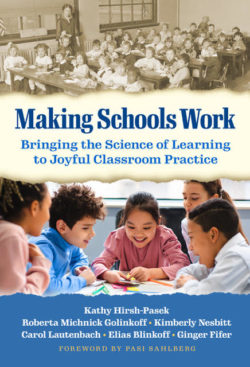 Making Schools WorkBringing the Science of Learning to Joyful Classroom Practice
Making Schools WorkBringing the Science of Learning to Joyful Classroom Practice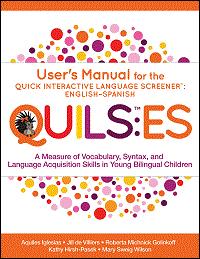 User’s Manual for the Quick Interactive Language Screener™: English–Spanish (QUILS™: ES)A Measure of Vocabulary, Syntax, and Language Acquisition Skills in Young Bilingual Children
User’s Manual for the Quick Interactive Language Screener™: English–Spanish (QUILS™: ES)A Measure of Vocabulary, Syntax, and Language Acquisition Skills in Young Bilingual Children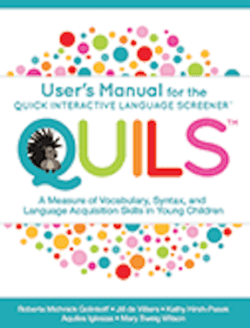 User’s Manual for the Quick Interactive Language Screener™ (QUILS™)A measure of Vocabulary, Syntax, and Language Acquisition Skills in Young Children
User’s Manual for the Quick Interactive Language Screener™ (QUILS™)A measure of Vocabulary, Syntax, and Language Acquisition Skills in Young Children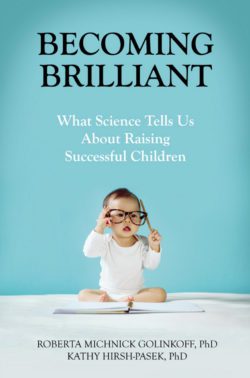 Becoming Brilliant:What Science Tells Us About Raising Successful Children
Becoming Brilliant:What Science Tells Us About Raising Successful Children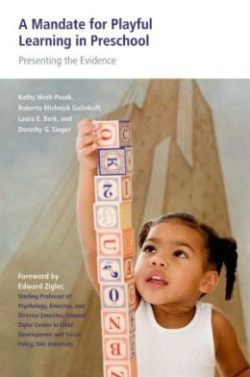 A Mandate for Playful Learning in Preschool:Presenting the Evidence
A Mandate for Playful Learning in Preschool:Presenting the Evidence
Stay in the know
Kathy is a Senior Fellow at the Brookings Institution, where she contributes articles to her Blog on a regular basis.�


